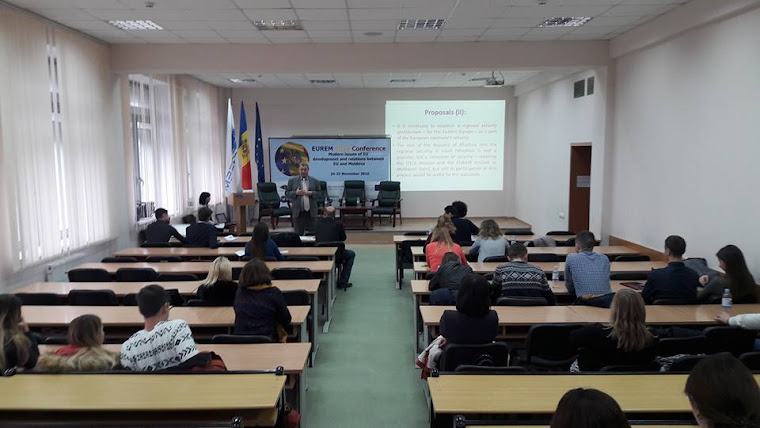The
„bad” example of Turkey is
often used by anti European and pro Russian (pro Customs Union of the future Eurasian
Union) countries from the Eastern Partnership program (of the European
Neighborhood Policy), such as Ukraine
and Republic of Moldova Turkey
The
European Union authorities could explain the differences between Turkey
